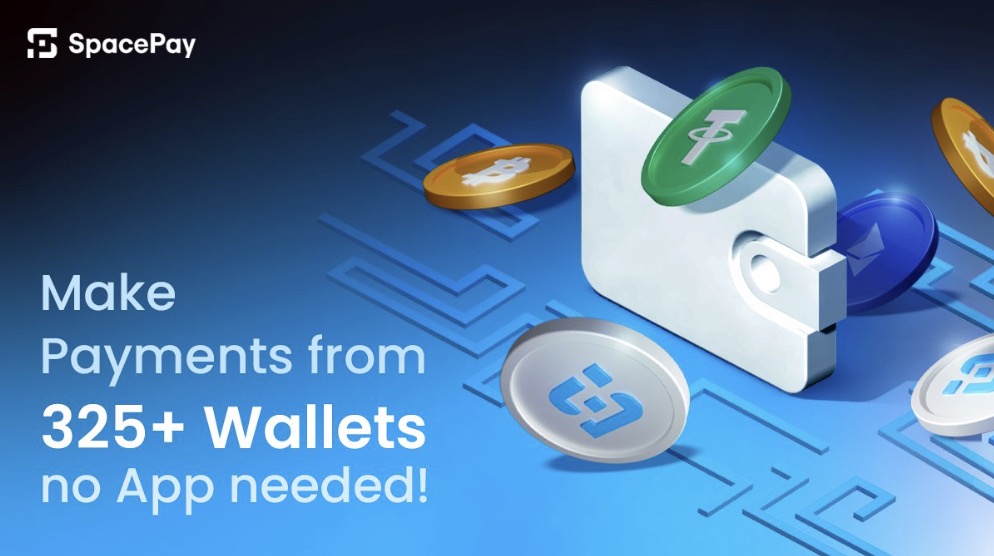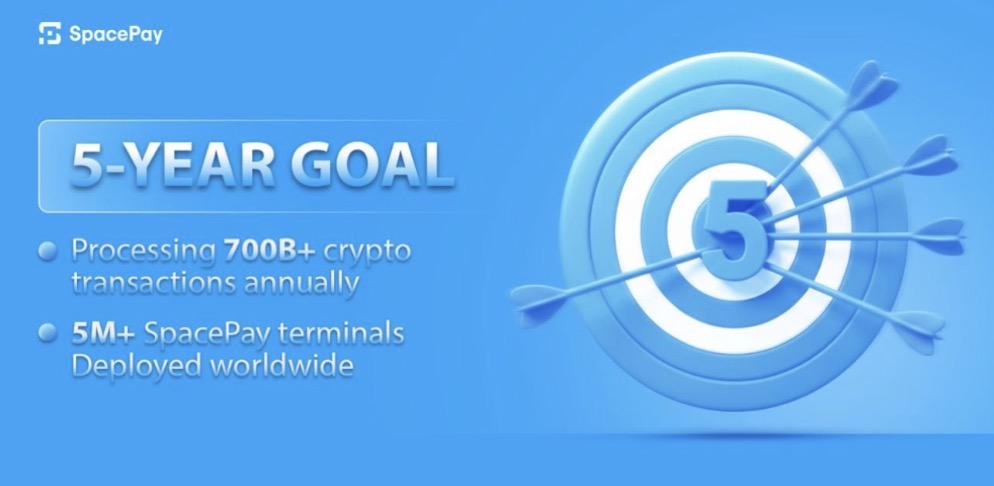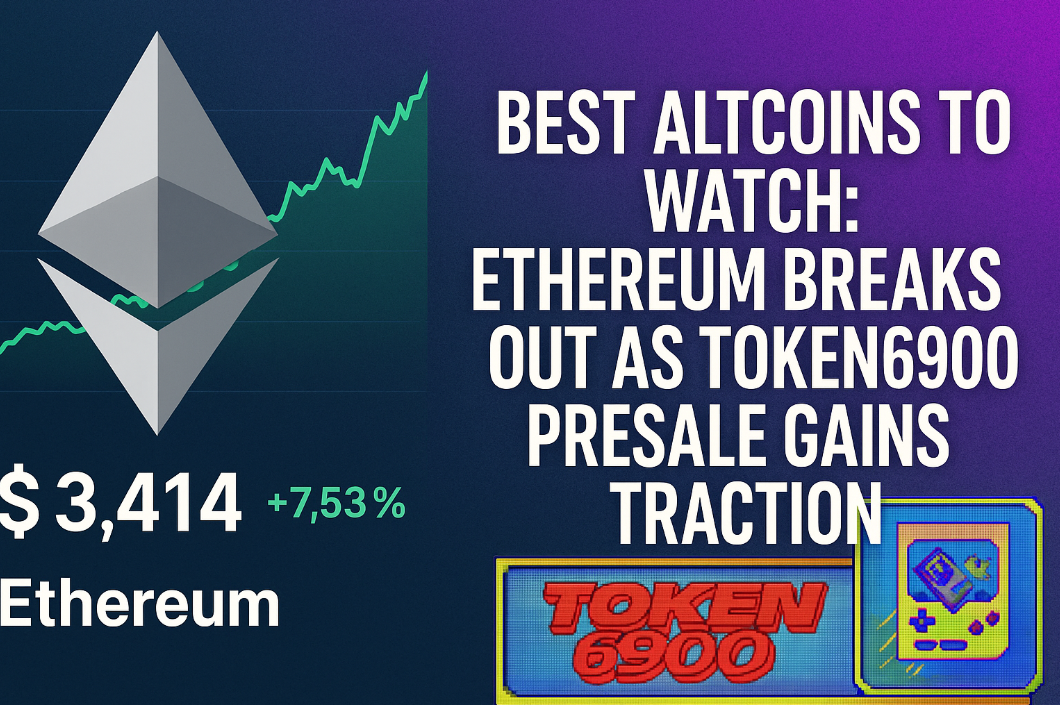So there you are, standing in line at the supermarket with a week’s worth of groceries. The cashier rings everything up – $127.50. Instead of reaching for your wallet, you pull out your phone and pay with some Ethereum you’ve been holding.
The teenage cashier doesn’t even look up from the screen. Same old card reader they’ve always used. Your payment goes through like any other transaction. The store gets their money in dollars, not crypto that might be worth peanuts by closing time.
This isn’t some far-off fantasy anymore. SpacePay has figured out how to make crypto payments work with existing card machines while protecting merchants from price volatility through instant fiat conversion and supporting over 325 different cryptocurrency wallets.
Their presale has already pulled in more than $1.1 million, with $SPY tokens currently selling for $0.003181 each.
How SpacePay Actually Works in the Real World
Here’s what SpacePay does differently. Instead of forcing every merchant to buy new gear, they work with the Android-based card readers that are already sitting on counters everywhere. A software update later, and boom – that same machine can now handle crypto payments.
The customer experience stays pretty straightforward too. Someone walks in with their preferred crypto wallet (and there are over 325 to choose from), pays like they normally would, and walks out. No scanning weird QR codes or downloading yet another app.
But here’s the clever part that most people don’t see. The moment someone pays with crypto, SpacePay converts it straight into regular money for the merchant. So that coffee shop owner gets British pounds in their account, not some digital token that might be worth half as much by lunchtime.
Why Shop Owners Are Actually Starting to Care About SpacePay
Money talks, especially when you’re running a business with thin profit margins. Most payment processors grab 2-3% of every transaction. SpacePay only takes 0.5%. For a busy restaurant or retail store, those savings add up fast.
Then there’s the whole volatility issue. Business owners hate uncertainty. The idea of accepting payment that could lose value overnight makes most merchants break out in cold sweats. SpacePay eliminates that fear completely by converting everything to local currency immediately.
There’s also a practical business angle here. More than 400 million people around the world own cryptocurrency now. Many of them – especially younger customers – would love to actually spend their digital money if they could. Shops that accept crypto payments can tap into this customer base without needing a computer science degree.
The $SPY Token Keeps Everything Running
SpacePay built their whole system around the $SPY token, and it does more than just facilitate payments. Token holders get voting rights on platform decisions. Want to suggest a new feature? You get a say in whether it happens.
The token distribution makes sense too. Out of 34 billion total tokens, 20% goes to public sale, 17% rewards users, and the rest gets split between development, partnerships, and marketing. It’s not one of those projects where founders keep 90% for themselves.
Token holders also get a cut of the platform’s revenue. Think of it like dividends, but for crypto. Plus there are monthly reward drops for active community members and early access to new features. These perks encourage people to stick around rather than just flip tokens for quick profits.
Crypto Payments That Don’t Require a PhD
What’s refreshing about SpacePay is how normal it feels. Most crypto payment solutions ask merchants to completely change how they do business. SpacePay adapts to what’s already there. That removes most of the friction that keeps businesses from accepting digital currencies.
The team has already built a working version of their product, which is more than many crypto projects can say. They’re also working on regulatory compliance, which shows they understand that following rules matters in the real world.
Security gets proper attention too, with strong encryption and real-time transaction monitoring. Nobody wants to deal with payment fraud, whether it involves traditional money or cryptocurrency.
The timing feels right as well. Digital payments became mainstream during the pandemic. Cryptocurrency ownership keeps growing. SpacePay sits right at the intersection of these trends. It offers something that solves actual problems instead of creating new ones.
Getting involved in the $SPY presale is pretty simple. Head to SpacePay’s official website and connect a compatible wallet like MetaMask or WalletConnect. You can pay with various cryptocurrencies including ETH, BNB, and USDT, or even use a regular bank card.
With tokens priced at $0.003181 right now, interested participants can get in before the presale ends and wider availability begins.
JOIN THE SPACEPAY ($SPY) PRESALE NOW




